Overcoming limitations
Currently, the contribution of Vietnamese CNS enterprises to the global value chain is still modest, mainly stopping at the processing stage, while the core technology is mostly held by foreign technology companies and corporations. In order for Vietnamese CNS enterprises to be able to participate deeply in the global value chain, according to Mr. Nguyen Trung Kien, Deputy Head of Semiconductor Technology Department, Military Industry - Telecommunications Group ( Viettel ) : Mastering the design and production of semiconductor chips must become a mandatory requirement for CNS enterprises. Mastering the semiconductor industry not only helps countries around the world ensure technological security and self-sufficiency in supply but also creates high added value, promotes innovation and sustainable development.
Realizing the important task of researching, developing and mastering technology, especially core technology, since 2017, Viettel has decided to establish a chip design center to aim for autonomy in designing and manufacturing semiconductor chips, contributing to high-tech competitiveness. However, in the journey of researching, mastering and developing 5G chip technology with the brand "Make in Viet Nam", Viettel's engineering team encountered many difficulties. In terms of technology, Viettel started researching 5G chips when this is the most advanced technology in the telecommunications field. Therefore, designing 5G chips becomes very complicated, having to ensure strict requirements on features and technical indicators. In addition, 5G network standards are constantly updated, which forces the chip design team to regularly update new technology and adjust the design to suit the requirements and indicators of the 5G network system.
 Interactive TV experience activities based on Viettel's 5G technology.
Interactive TV experience activities based on Viettel's 5G technology.
In addition, human resources are also Viettel's initial limitation, because chip design is a field that requires highly specialized human resources. The chip lines that Viettel is aiming for cover all fields, from digital signal processing to high-frequency signal processing. According to Mr. Nguyen Trung Kien, human resources in Vietnam have very limited experience in microchip design, leading to difficulties in building a strong enough team to meet the strict requirements of 5G technology. At the time of launching the 5G chip project, Viettel's engineering team had less than 30 people, of which 80% were young engineers, with only 2-3 years of experience.
Along with that, one of the obstacles in Viettel's 5G research and development process is the limited domestic semiconductor chip ecosystem. According to technology experts, the semiconductor chip industry ecosystem in Vietnam previously had only a few foreign direct investment (FDI) companies operating in the field of design and testing. Therefore, all stages from production, assembly to packaging were completely dependent on FDI companies.
Strengthening domestic and foreign strategic cooperation
When facing difficulties in the process of developing 5G chips, Viettel has deployed appropriate solutions to achieve certain results. Emphasizing the importance of the goal of investing in tool systems and technology transfer, Mr. Nguyen Trung Kien said that Viettel has focused on comprehensive investment in advanced design software tools from major technology companies. Through the negotiation process, Viettel has also combined with many technology transfer programs, creating opportunities to learn and improve the capacity of the design team, while strengthening strategic cooperation at home and abroad.
In order to build a high-quality workforce, Viettel has continuously searched for and recruited talent globally, and continuously updated its knowledge through a number of forms such as research cooperation and organizing practical training courses. According to experts, this is the most effective solution to help young, inexperienced engineers quickly improve their professional qualifications and shorten the time to adapt to work.
Viettel's mastery of 5G chip technology with the Vietnamese brand is the result of investment in research and development, from terminals to telecommunications and information technology infrastructure. This contributes to the goal of building capacity to serve the development of the national semiconductor industry, thereby realizing Viettel's goal of mastering the design and production of specialized chips for high-tech products by 2030, moving towards mastering basic chip lines in the domestic electronics industry. However, Viettel's achievements are still modest compared to the country's need to accelerate development based on digital transformation and high-tech development. Therefore, there is a need for more policies to attract and support Viettel and many Vietnamese enterprises to boldly invest in the field of high-tech research and development, improving technological autonomy, especially core technology.
Article and photos: HOANG CHUNG
Source: https://www.qdnd.vn/kinh-te/cac-van-de/nang-cao-kha-nang-lam-chu-cong-nghe-ban-dan-cua-doanh-nghiep-815974


![[Photo] General Secretary To Lam receives Vice President of Luxshare-ICT Group (China)](https://vphoto.vietnam.vn/thumb/1200x675/vietnam/resource/IMAGE/2025/11/15/1763211137119_a1-bnd-7809-8939-jpg.webp)




![[Photo] Prime Minister Pham Minh Chinh meets with representatives of outstanding teachers](https://vphoto.vietnam.vn/thumb/1200x675/vietnam/resource/IMAGE/2025/11/15/1763215934276_dsc-0578-jpg.webp)







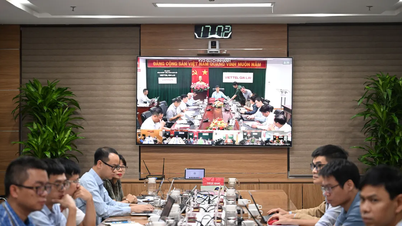






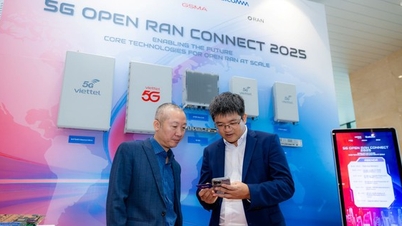










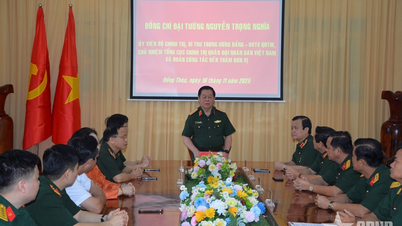
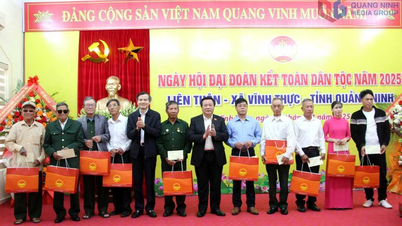
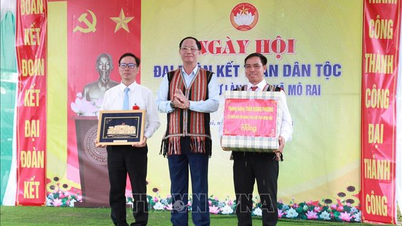

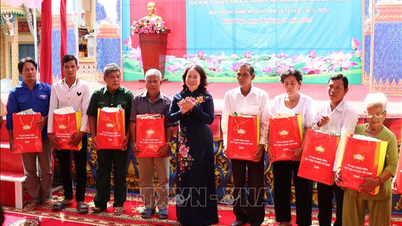

















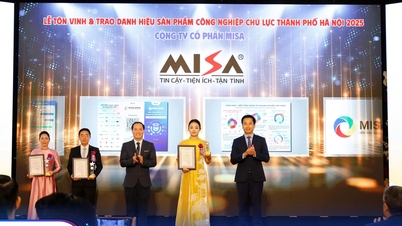


























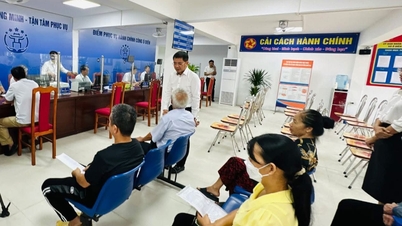
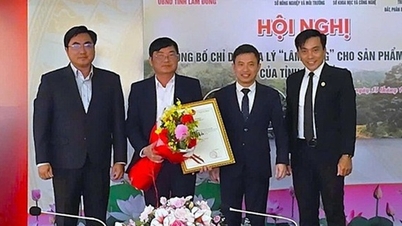



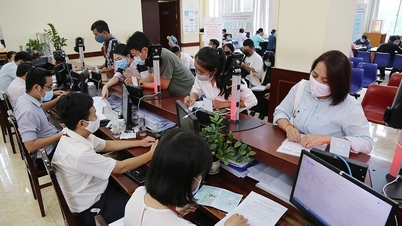























Comment (0)